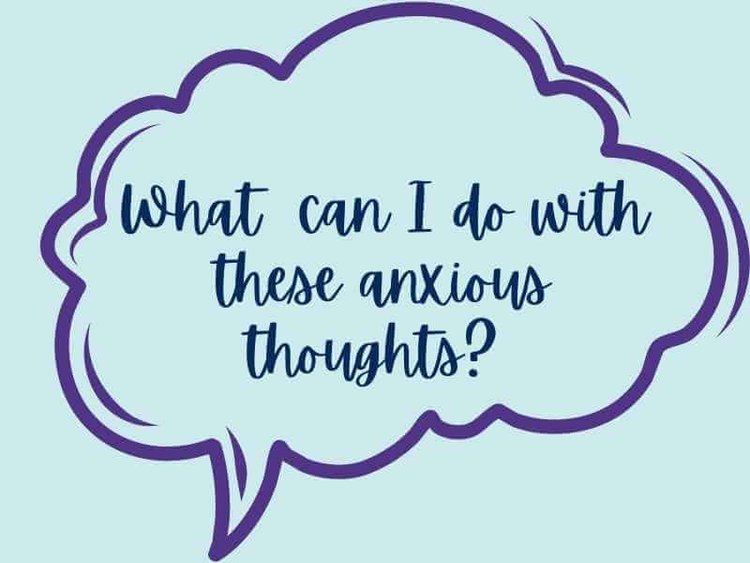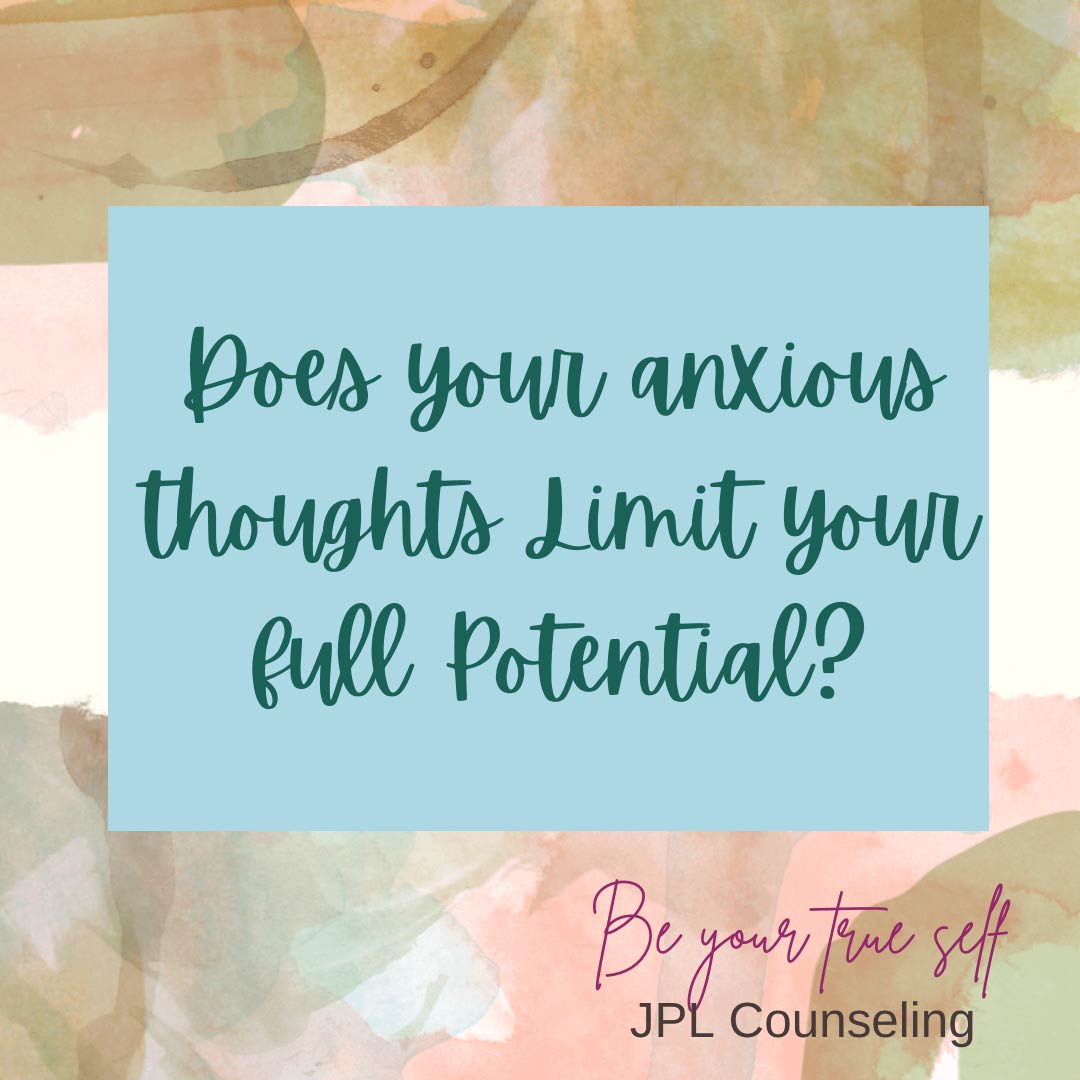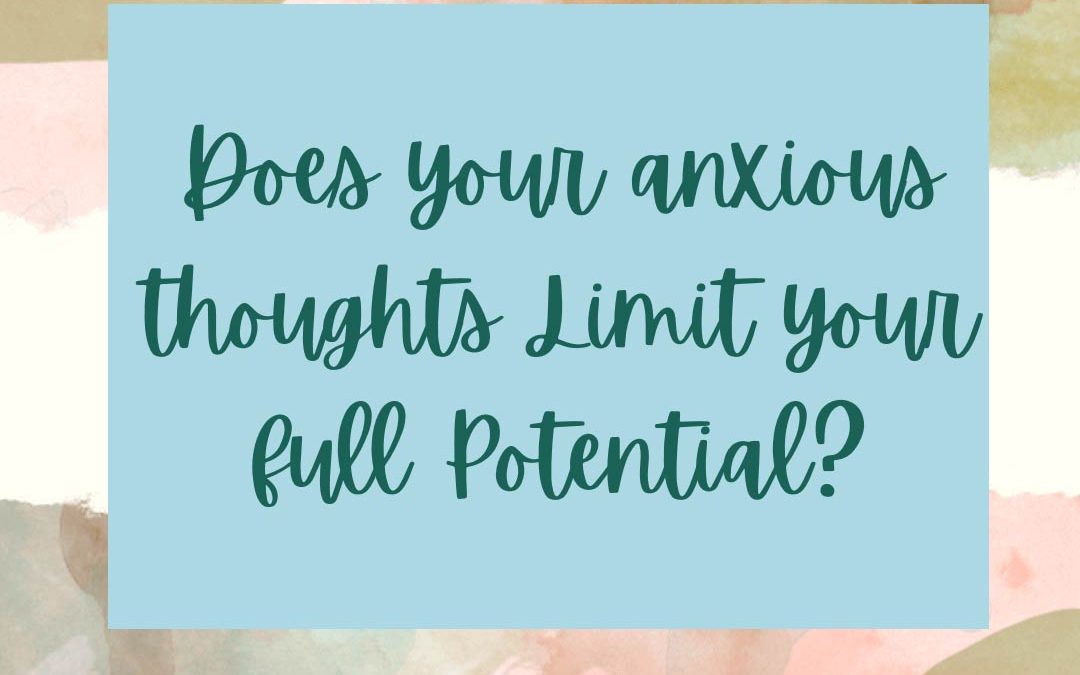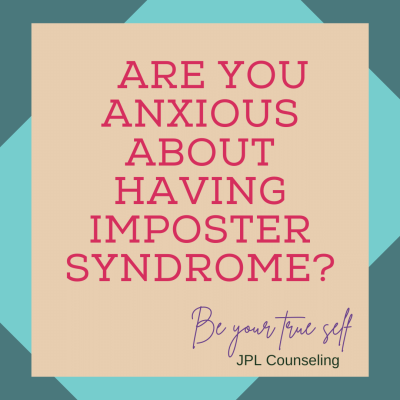It can be tough to recognize this internal dialogue since it’s something that you’ve likely been carrying with you and trying to ignore for a long time.
There are good days and bad days, and find it very difficult to deal with the bad days and to understand why they occur or how to reduce them. The anxious thoughts and doubts are weighing you down and preventing you from engaging in life in a more free and comfortable way. You may think about telling your friends about your anxiety but then worry that you will be judged or perceived in a negative way. Wouldn’t it be a relief to feel lighter and happier in your life?
There are good days and bad days, and find it very difficult to deal with the bad days and to understand why they occur or how to reduce them. The anxious thoughts and doubts are weighing you down and preventing you from engaging in life in a more free and comfortable way. You may think about telling your friends about your anxiety but then worry that you will be judged or perceived in a negative way. Wouldn’t it be a relief to feel lighter and happier in your life?
The first step is understanding the basics of the emotion of anxiety.
When something bad or dangerous is about to happen, anxiety is a protective reaction that ensures survival. For example, if you are out in the wilderness and about to be attacked by a ferocious bear, you will automatically react in the way that will best protect you in that moment. The possible reactions are fight, flight or freeze. We are hard-wired to react in these ways to ensure our survival. Unfortunately, anxiety can also arise in situations that are not life and death. We may perceive danger when it is not there. As humans, we have thoughts that are constant.
Self talk or our internal dialogue is impacted by anxiety as a protective measure
We have an ongoing dialogue with ourselves, and this self-talk is the way that we relate to and treat ourselves. This self-talk can be encouraging and positive, but it can also be harsh, self-defeating, and critical. Such thoughts may be of imagined bad outcomes or worst-case scenarios. Examples are “I am never going to be able to figure this out.” “People are going to think I am weird.” “I am never going to get that job promotion.” “I am a failure and I can’t do anything right.” Such thoughts can cause us to feel very anxious and can also lead to us having a “fight, flight or freeze” reaction. If the fight reaction occurs, you may feel angry or resentful towards yourself or others. If the flight reaction occurs, you may avoid situations felt to be intimidating. If the freeze reaction occurs, you may find yourself feeling lost and stuck, or you may find your mind going blank at an inopportune time, such as while taking a test or interviewing for a job.

Ways to work on your negative thoughts, internal dialogue/ self talk.
Talk out loud to yourself and try to see what your anxiety is focused on
Try to turn your internal dialogue into external dialogue. Sometimes carrying it around in your head can be too much. When you say it out loud, it can feel relieving. Furthermore, it can help you start to realize your anxious negative thoughts are silly and not realistic. This in and of itself can help to decrease your anxiety level.
Journal and write out your thoughts
This is an excellent way to release your thoughts on paper. You can share your thoughts while keeping them private. There are many different approaches you can take. Some people like to journal when they are highly stressed, while others write first thing in the morning, or at night right before going to sleep. Writing down worries or negative thoughts before going to sleep, can be beneficial in clearing your mind to increase the likelihood of having a good night’s sleep. If you are religious or spiritual, you can imagine that the thoughts you are writing down are being sent to the universe or to god. It can be helpful to review your journal entries or make it a night time ritual. Write out your thoughts before you go to bed. Put your journal in drawer and allow yourself to let go of the negative thoughts. You can send your thoughts to the universe or god if your religious. At the end of the week you can review your journal entries and look for themes or patterns in your thinking. You’ll likely be surprised to see how hard you can be in yourself, or how negatively you may view life events.
How often would we meet for therapy?
We tend to get so caught up with life’s responsibilities including to loved ones, to work, and to school. It’s so important to allow for some quiet down time to reconnect with yourself. Even things that would normally be considered fun can make you feel tired and depleted. Be mindful and aware of your time and energy so as to not over commit. When people are always busy and on the go, your thoughts and behaviors can’t help but be negatively impacted. Schedule time for yourself during which you rest and practice self care. Taking a walk, even a short one, can be refreshing, and restorative.
Take a walk outside and reflect
Some prefer to be sitting in the same room with their therapist. Others prefer meeting online or virtually. Since Covid, the practice of online video therapy has increased. Clients who have a very busy schedules or responsibilities may prefer online therapy because it is easier to fit in their schedule.
Talk to a close friend you trust who will give you some honest but supportive feedback or opinions
When you are in a bad place it can be overwhelming to be alone. Reach out to someone and ask for help. You may just need to vent to someone, or you may be hoping to get a fresh perspective or some advice. Speaking with someone who cares about you, is attentive to you, and has good intentions for you can make a world of difference.
Meditation or yoga is a good way to ground yourself and reconnect to your body
Often our whole focus becomes very mind or brain oriented. We may ignore our bodies and underestimate the importance of exercise, movement, and regulated breathing. By focusing on our breathing or our bodies, we can feel more grounded, and less lost or flighty. While meditation and yoga take practice and patience, it’s okay to start slowly, and to take baby steps. Sometimes something as simple as taking a few minutes out of your day to focus on taking deep breaths or stretching can make a big difference in how we feel physically and emotionally.
I hope this blog helps you to better understand your anxious thoughts
Please consider trying the suggestions in how to better deal with anxious thoughts. Be aware that everyone is a bit different, and what works for one person may not work for another. At times you might find yourself feeling frustrated or helpless. Remember that worthwhile changes take time and ongoing effort, but small steps add up and make a big difference over time.
Want professional help from an anxiety therapist in Orange County?







